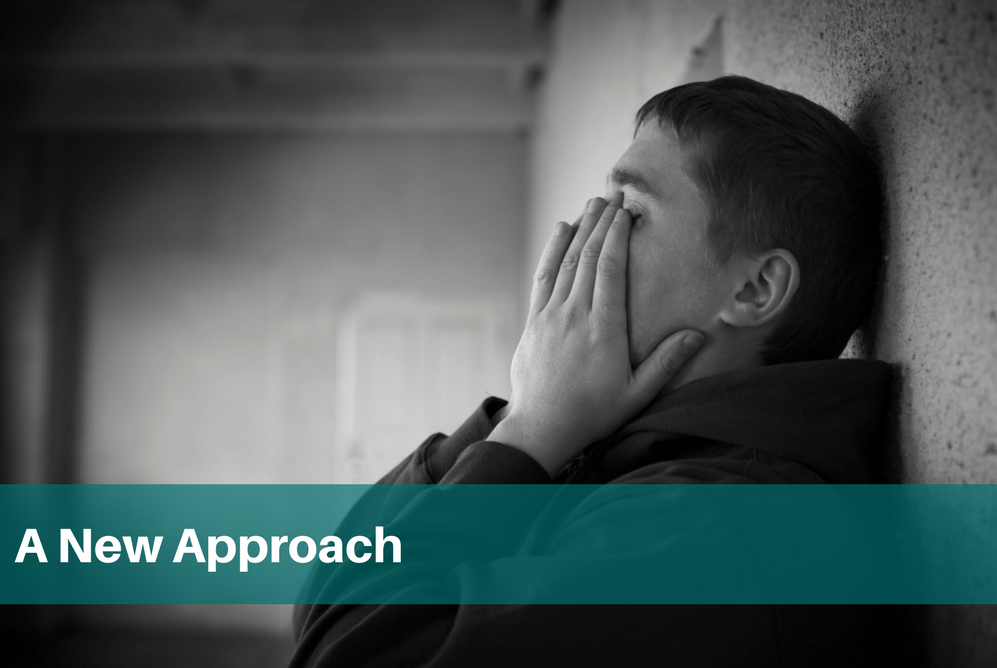Beth’s adopted son, Aaron, is recovering from a traumatic past. She wants to help him heal, but doesn’t always know the best approach. Thanks to you, she found the help she needed from Highfields’ Multisystemic Therapy.
Beth* studied child development education and has a successful career helping people with assistance and support programs. She never thought she’d be on the receiving end of services…until she adopted her son, Aaron*.
Beth adopted Aaron when he was 13-years-old. He experienced trauma in his past that still affects him today. He has anger issues and acts out in ways that Beth does not understand.
“I couldn’t understand why I couldn’t help him based on everything I knew,” said Beth. “I was frustrated.”
One day at her job, therapists from Highfields gave a presentation on Multisystemic Therapy (MST) which helps children ages 12-17 who are experiencing multiple problems. While listening to the presentation, a lightbulb went off in Beth’s head. She realized that MST was the answer she was looking for.
“I was familiar with MST, but from the other side,” said Beth, a former Child Protective Services Caseworker. “I thought it would be a good opportunity to learn new skills and approaches to help Aaron.”
Beth was referred to MST and started working with Highfields’ Therapist, Bruce Pickell. They met 2-3 times a week to discuss Aaron’s cognitive impairments and trauma issues.
Aaron’s moods are all over the place, and it’s difficult for Beth to understand what is going on in his head. Bruce recommended a flow chart to see all the different factors in Aaron’s life that affect his mood, like his family, peers, and school.
“The flow chart was really good for me because it helped me visualize the different factors that impact certain behaviors,” said Beth.
Beth and Bruce would focus on one behavior – like anger – and look at contributing factors to try to identify what caused it. Through trial and error they began to figure out the root of Aaron’s issues. By the end of the program, Beth felt more confident in her ability to help Aaron.
“A lot of Aaron’s behaviors have reduced significantly,” said Beth. “I saw tremendous improvement as we went through the program. I’m really glad we did it.”
*Names have been changed


